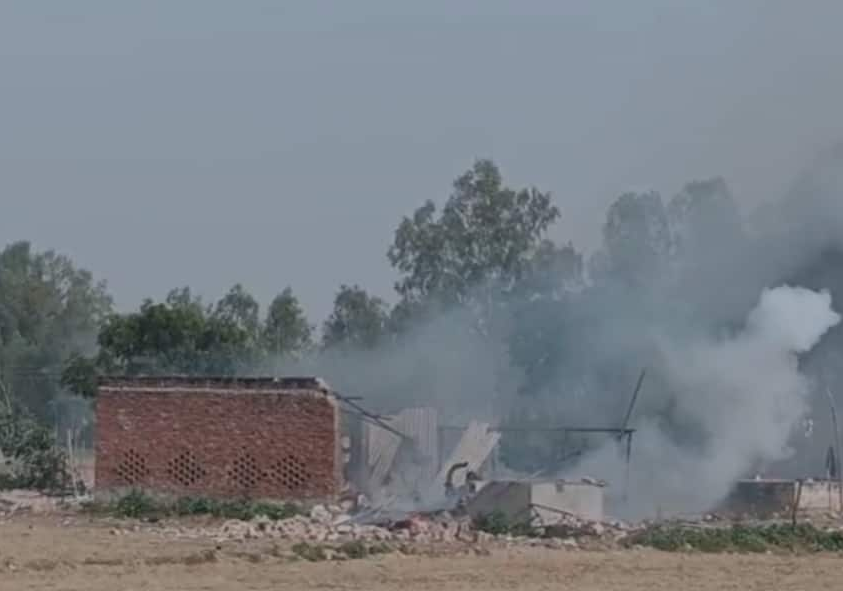The Supreme Court refused to stay the Wakf Amendment Act, but only stayed some provisions
- bySherya
- 15 Sep, 2025

The Supreme Court said that no third party right will be created in respect of the properties which are under dispute till the decision of the High Court comes.

The Supreme Court has refused to ban the entire amended Waqf law. The court has banned some provisions of the law. Apart from these, the way has been cleared for implementing the rest of the law. Among the things on which the court has banned, the most important is the condition of being a Muslim for at least 5 years to make the property a Waqf. At the same time, the court has refused to ban the provision making registration of Waqf property mandatory.
A bench of Chief Justice Bhushan Ramakrishna Gavai and Justice Augustine George Masih had reserved the order on the matter on May 22. The petitioners had called the amended Waqf Act an interference in the religious matters of Muslims. The petitioner side had mainly opposed these things:-
- Non-recognition of Waqf by User
- Making registration of wakf properties compulsory
- Giving the right to a government official to be heard in a dispute with the government
- Making non-Muslims members of the Wakf Board
- Fear of problems in religious activities in ancient monuments
- The condition for making a waqf is to be a Muslim for 5 years
- Preventing Wakf Board from making claim on tribal land
The court has not agreed on most of these points. However, the court has given relief to the petitioners on some issues. The main points of the court's order are:-
- No ban on the entire law
- There is no ban on the provision of property registration
- The provision of not recognising Waqf by user cannot be called arbitrary because it is clearly written in the Act that this provision will be applicable from future. Not from a retrospective date.
- Ban on the condition of being a Muslim for 5 years for Waqf
- There is no ban on the provision protecting tribal lands
- There is no ban on the provision of protected monuments not being Waqf. The court did not find weight in the argument that religious activities would be affected due to this
- Ban on giving power of consideration to revenue officer in case of dispute with the government. Tribunal and High Court will take the decision.
- There will be no third party right in the properties which are in dispute until the decision of the High Court comes
- It is not wrong to remove section 108 A of the old Wakf Act ( the provision giving higher status to the Wakf Act than other laws)
- There are 4 non-Muslims in Central Waqf Council and 3 non-Muslims in State Waqf Board. Efforts should be made to appoint a Muslim as the CEO of Waqf Board
Keep in mind that this is only an interim order. The petitions challenging the Waqf Amendment Act will be heard in detail later. The court has accepted that it would not be right to ban the entire law passed by the Parliament without doing so. The court has prima facie considered most of the provisions of the Waqf Amendment Act to be correct. Some things have been banned or changed. In such a situation, except for a few points, there is no obstacle in the implementation of the rest of the Waqf Amendment Act.



